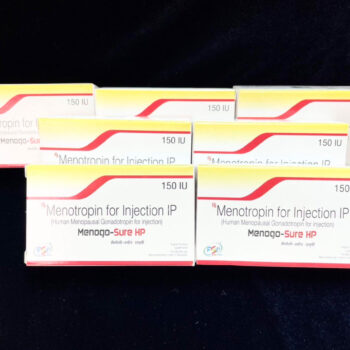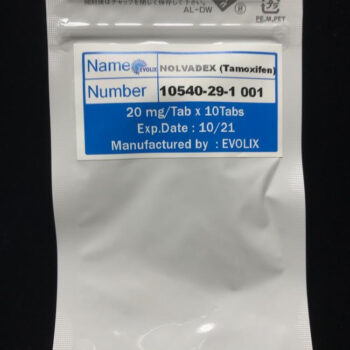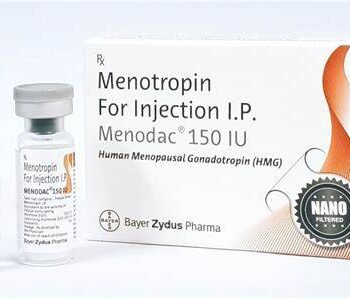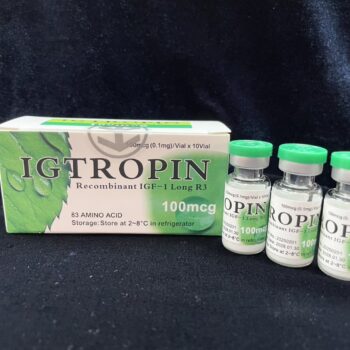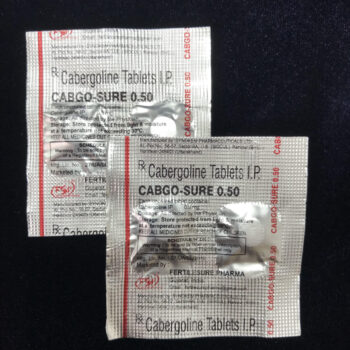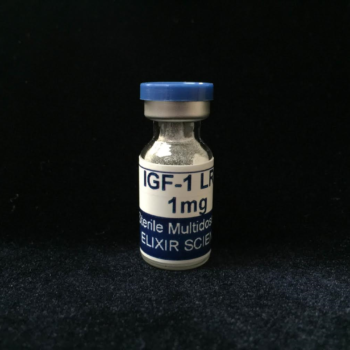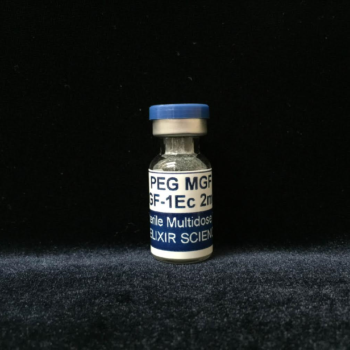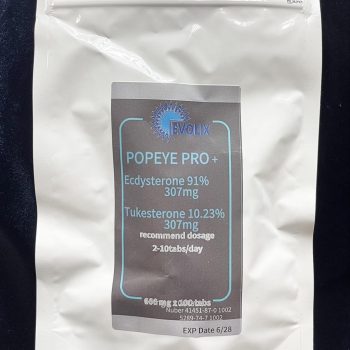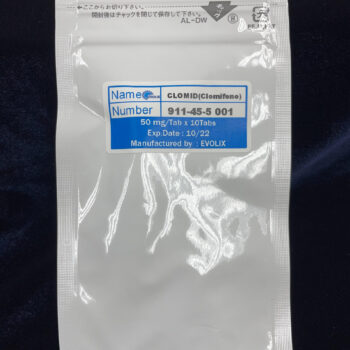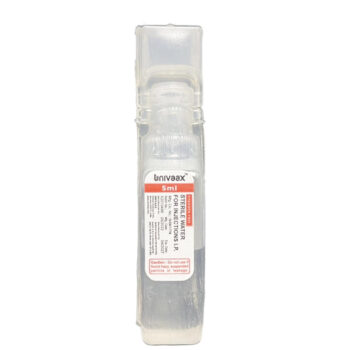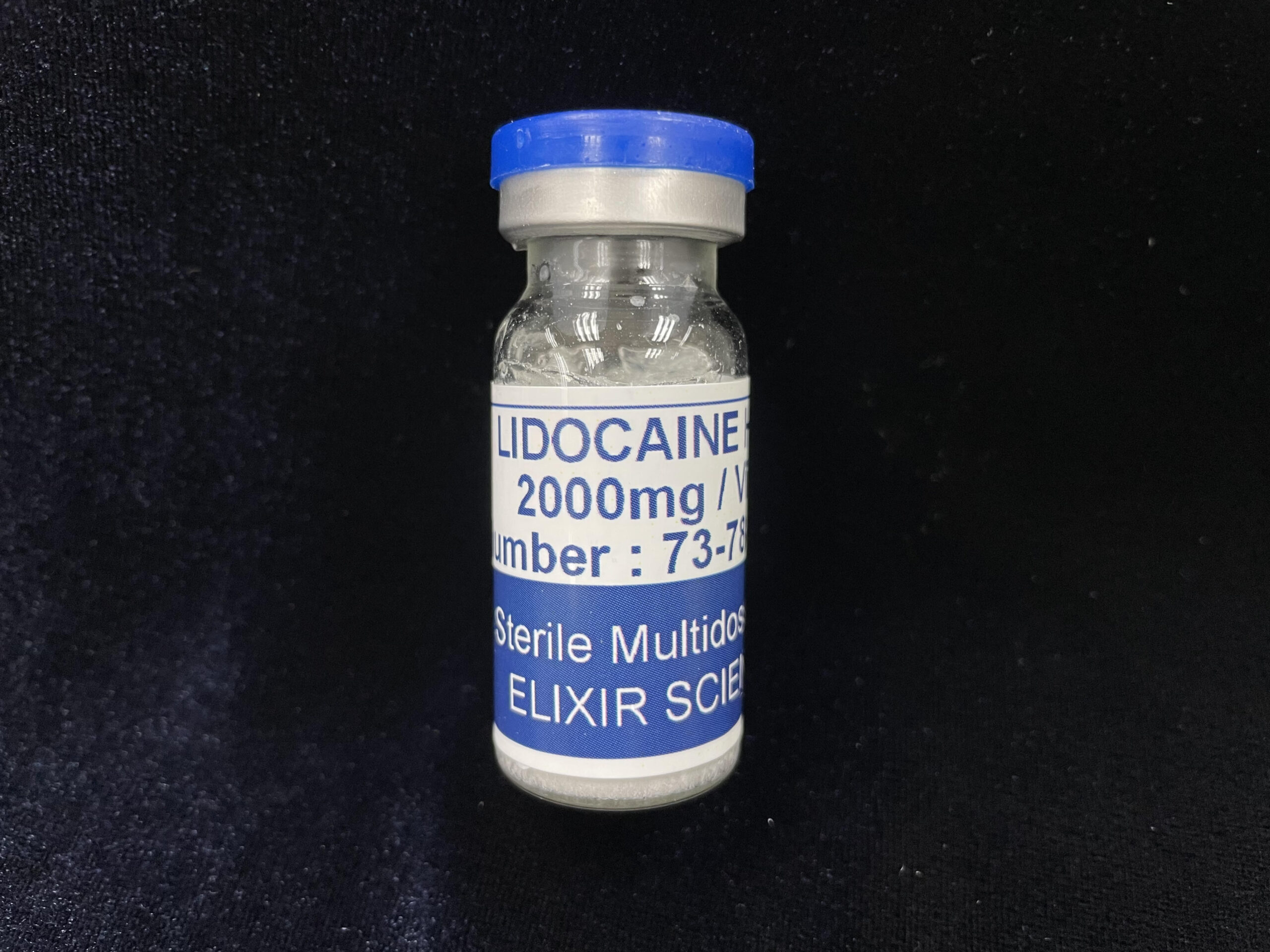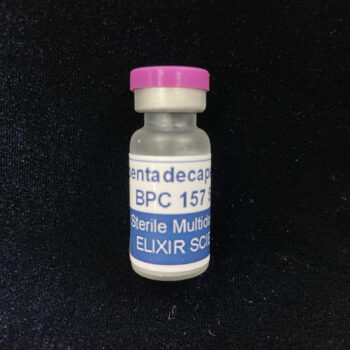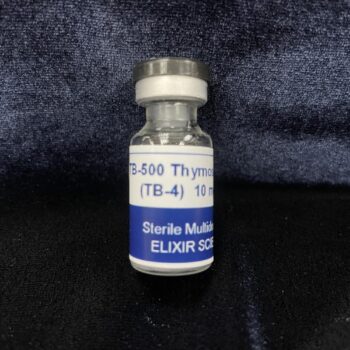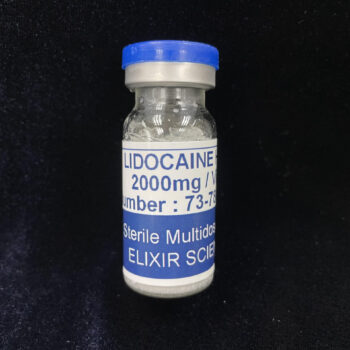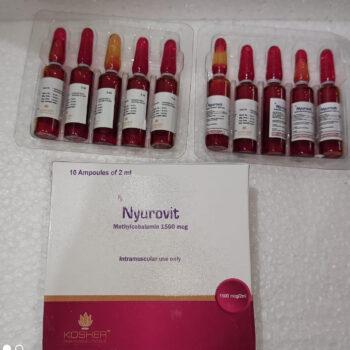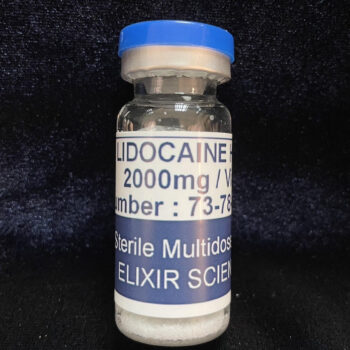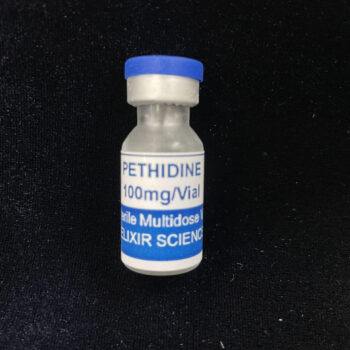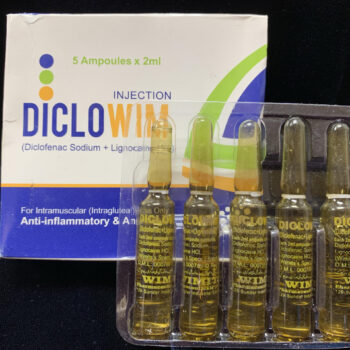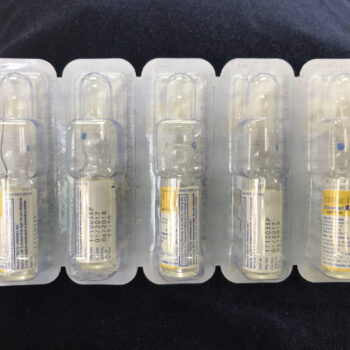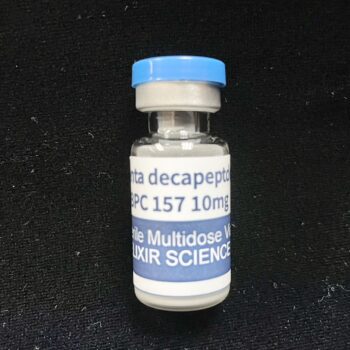** Customers to Japan **
If the shipment is found at customs as an injection, you will be required to show proof of drug supervision from 2020.
If you cannot prepare the proof of drug supervision, please follow the procedure to return it to the sender.
We will notify you when the item arrives at our company, so we will re-ship it after paying the shipping fee again.
** Please understand that this product cannot be refunded after it has been sold.
LIDOCAIN 2000mg + Injection water ampule
lidocaine injection
What is lidocaine injection?
Why is lidocaine injection prescribed to patients?
Do I need a prescription for lidocaine injection?
Is lidocaine injection available as a generic drug?
What are the side effects of lidocaine injection?
What is the dosage for lidocaine injection?
Which drugs or supplements interact with lidocaine injection?
Is lidocaine injection safe to use during pregnancy or while breastfeeding?
What is lidocaine injection?
Lidocaine is an antiarrhythmic agent (affects heart rhythm) as well as a local anesthetic (amide type).
Why is lidocaine injection prescribed to patients?
Lidocaine is prescribed for local or regional anesthesia (loss of sensation) during surgical procedures as well as for control of ventricular arrhythmias associated with heart attack or cardiac surgery.
Do I need a prescription for lidocaine injection?
Yes
Is lidocaine injection available as a generic drug?
Yes
What are the side effects of lidocaine injection?
Side effects vary by dose and site of administration. The most common adverse reactions include:
low heart rate,
low blood pressure,
backache,
dizziness,
lightheadedness, and
numbness.
Additional side effects include:
shivering,
tingling,
sedation,
blurry vision,
confusion,
nervousness, and
euphoria.
Rare, but serious side effects include:
cardiac arrest,
methemoglobinemia,
breakdown of cartilage,
seizure, and
loss of consciousness.
What is the dosage for lidocaine injection?
The initial dose for anesthesia in adults depends on the procedure, necessary depth of anesthesia, blood flow to the region, desired duration of anesthesia, and condition of the patient.
For anesthesia, the maximum dose is 4.5 mg/kg and should not exceed 300 mg per dose. For control of arrhythmias (abnormal heart rhythm), an initial intravenous or intraosseous (injected into bone) dose is 1 to 1.5 mg/kg. If providing dose by endotrachial tube the initial dose is 2 to 3.75 mg/kg. Lidocaine is rapidly metabolized. Any conditions that later liver functions may alter the half live of lidocaine.
Which drugs or supplements interact with lidocaine injection?
Dronedarone increases blood levels of lidocaine and its side effects by reducing its breakdown in the liver. Lidocaine increases the effect of bupivicaine liposomal because it increases the availability of bupivicaine. The two drugs should not be mixed. Carbamazepine (Tegretol, Tegretol XR, Equetro, Carbatrol), phenobarbital, and rifampin may reduce blood levels of lidocaine by increasing its breakdown in the liver. Erythromycin, amprenavir (Agenerase), omeprazole (Prilosec), and ciprofloxacin (Cirpo, Cirpo XR, Proquin XR) may increase levels of lidocaine by reducing its breakdown in the liver.
Is lidocaine injection safe to use during pregnancy or while breastfeeding?
There are no adequate studies of use in pregnant women. Available evidence does not suggest harm to the fetus. Lidocaine crosses the placenta and does enter the fetal blood stream so close monitoring of the heart is recommended.
Lidocaine is excreted in breast milk so it should be used cautiously by nursing mothers. The amount absorbed by the infant is not expected to be significant.
Lidocaine, like other local anesthetics causes a loss of sensation by reducing the flow of sodium in and out nerves to decrease the initiation and transfer of nerve signals. Compared to procaine, lidocaine has a more rapid onset, longer duration of action, and more potent activity. Lidocaine works as an antiarrhythmic by also decreasing conduction of electrical signals in damaged (ischemic) heart tissue.
When was lidocaine injection approved by the FDA?
Lidocaine was approved by the FDA in November 1948.
Summary
lidocaine injection (Xylocaine) is a medication that is an antiarrhythmic agent and a local anesthetic used for local or regional anesthesia during surgical procedures of ventricular arrhythmias associated with heart attack or cardiac surgery. Side effects, dosage, storage, drug interactions, and pregnancy safety information should be reviewed prior to administering this medication.

